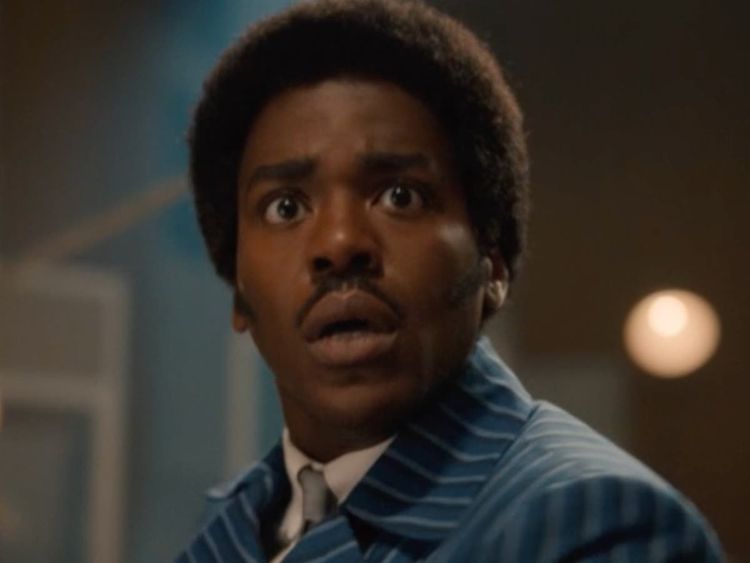Doctor Who viewers have same theory about divisive new series

Get Free Real Time News Alerts In Your Inbox
Get Latest News Updates For Free!
Fans of Doctor Who share a common idea about a controversial element of the current season.

Last Saturday (May 11), the initial complete set featuring the fresh leading actor Ncuti Gatwa was launched. The first two episodes were released on BBC iPlayer, Disney+, and other platforms at 12am BST on May 11.
Just a few hours prior to the airing of the show on BBC One, viewers hurried to different social media platforms to express their opinions about the initial two parts of the series, namely "Space Babies" and "The Devil’s Chord."
The second installment of the show has sparked many conversations, especially when it comes to Jinkx Monsoon's portrayal of Maestro, the antagonist who turns music into a weapon. Monsoon has received a lot of praise for their performance.
There are spoilers in this section, so you have been alerted to avoid them if you don't want to know what happens next.
There is one aspect of the episode that is causing a divide among viewers: the breaking of the fourth wall.
During the episode, there were a couple of instances where the program recognized its role as a made-up television series.
One of these significant moments occurred right before the beginning credits of the show. Instead of the typical music, Maestro was shown playing the first notes of the Doctor Who theme song on a piano.
In a different scene, Gatwa's physician and friend, Ruby Sunday (Millie Gibson) hear intense tunes that resemble the show's soundtrack. The physician appears puzzled and exclaims, "I believed that wasn't a part of the story."
Music that is composed to accompany a scene, but is not part of it, is called non-diegetic music. On the other hand, diegetic music is the kind of music that characters in a scene can hear.
Some individuals enjoyed the shocking revelation, while others were unsettled by it – however, numerous viewers believe that this particular element will be a recurring theme throughout the season and will ultimately connect to a larger storyline.
Only new members are eligible for this offer. Once your free trial is over, the monthly cost is £8.99, and the subscription will continue to renew automatically until you choose to cancel.
This offer is only available to those who are subscribing for the first time. After the free trial period, the monthly fee will be £8.99. The plan will continue to renew automatically until the subscriber decides to cancel it.
One of the fans wrote, "What's up with all the fourth-wall breaking happening? It's quite fascinating, don't you think?"
One individual expressed their admiration for how this specific storyline is self-referential and disrupts the conventional narrative structure, while a follower proposed that previous incidents have influenced the current fictional universe witnessed by fans of Doctor Who.
According to their statement, the actions of Flux and 14's salt have caused significant disruption to the universe. The consequences include effects on events, memories, music within the story, and even the boundary between the story and the audience. As a result of these changes, the universe depicted in "The Star Beast" is no longer recognizable.
In November, a unique show called "The Star Beast" was broadcasted, featuring David Tennant and Catherine Tate as the main stars.
One fan expressed surprise at the Maestro performing the Doctor Who theme song during the episode and then hearing it play on the TARDIS at the end. They speculated about the fourth wall being broken. Other fans also weighed in and some expressed concern that this might become a regular occurrence in the upcoming season.
Nevertheless, it has been emphasized that the Christmas episode, broadcasted in December, concluded with a perplexing figure portrayed by Anita Dobson, directly addressing the audience.









































